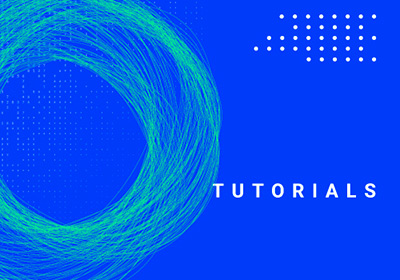
Practical Uses of Existential Rules in Knowledge Representation
September 04, 9:00 am - 12:15 pm (CEST)
Speakers: David Carral, Markus Krötzsch, Jacopo Urbani
Tutorial website: https://iccl.inf.tu-dresden.de/web/Rules_Tutorial_2020
Agenda: Practical Uses of Existential Rules in Knowledge Representation
Reasoning with existential rules is a well-established research area in KR that has increasingly become more relevant in recent years. In this tutorial, we thoroughly discuss the terminating fragment of existential rules. That is, the fragment of this language for which the chase algorithm is guaranteed to terminate. We propose the use of terminating rule languages to encode complex reasoning algorithms in a declarative way. This approach, which follows the classical slogan “Algorithm = Logic + Control”, promises to turn high-level specifications of logical calculi as systems of inference rules into declarative rule-based models that can be executed on state-of-the-art rule engines. Finally, we present VLog, an efficient implementation of the chase and show, in a hands-on session, how to use this tool to implement simple reasoning calculi.
The tutorial consists of two different parts where we (A) formally introduce the terminating fragment of existential rules and (B) show how to use VLog to implement reasoning algorithms in a hands-on session.
David Carral. David Carral is a postdoctoral scholar at the chair for Knowledge-Based Systems at the Faculty of Computer Science of TU Dresden. He completed his master’s and doctor’s degrees at Wright State University, both under the supervision of Prof. Dr. Pascal Hitzler, in 2012 and 2016, respectively. For several months during his Ph.D., he was an exchange student at the University of Oxford, working under the supervision of Prof. Dr. Bernardo Cuenca Grau. His research interests include symbolic artificial intelligence and knowledge representation related topics. More precisely, David studies the theoretical properties of logical languages such as Description Logics and existential rules, and the implementation of reasoning algorithms.
Markus Krötzsch. Markus Krötzsch is a full professor at the Faculty of Computer Science of TU Dresden, where he is holding the chair for Knowledge-Based Systems. He obtained his Ph.D. from the Institute of Applied Informatics and Formal Description Methods (AIFB) of Karlsruhe Institute of Technology (KIT) in 2010, and thereafter worked as a researcher and departmental lecturer at the Department of Computer Science of the University of Oxford until October 2013. Krötzsch’s extensive research activities in the area of rule-based knowledge representation and reasoning have contributed to the development and analysis of rule languages, rule-based inference methods, and rule reasoners. His wider research interests also include ontology languages, query answering, reasoning complexity, knowledge graphs, and content management and integration platforms for the Web of Data. He has published many works in leading journals and conferences, and two textbooks on semantic technologies. He has given tutorials and invited lectures at various events, including ESSLLI, IJCAI, and ICDT, and he has co-organised numerous scientific and educational events, most recently the Reasoning Web Summer School 2019.
Jacopo Urbani. Jacopo Urbani is an assistant professor at the Department of Computer Science of the Vrije Universiteit Amsterdam (VUA). He is also a guest researcher at the Centrum Wiskunde & Informatica and at the Max Planck Institute in Informatics. He wrote a PhD thesis on distributed reasoning algorithms for very large Knowledge Graphs. The thesis was nominated by the Royal Netherlands Academy of Arts and Sciences as one of the best PhD theses in Computer Science in the country. After spending part of his postdoc in USA and Germany, he joined the faculty of the VUA and has been tenured in 2018. He is one of the main developers of VLog and has published extensively on rule-based reasoning on Knowledge Graphs (KGs) at venues like AAAI, WWW, ISWC, etc. His recent interests include the application of rule-based reasoning for fact-checking and to perform KG completion using information extracted from unstructured sources.

